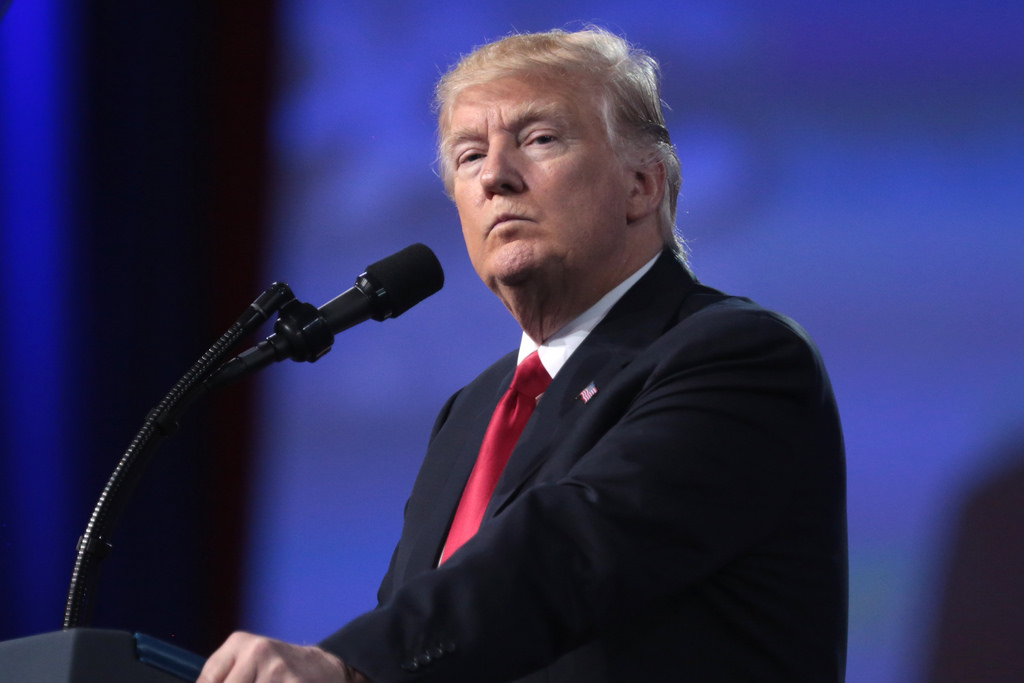Paraguay must act on human rights violations from agrochemical spraying

August 20th, 2019
The UN Human Rights Committee has issued one of the most important environmental decisions to date, calling on the Paraguayan government to undertake an investigation into the poisoning of citizens and contamination of water, soil, and food by agrochemicals fumigation.
In a landmark decision published last Wednesday, the Committee urged Paraguay to prosecute those responsible, to make full reparation to victims, and to publish its decision in a daily newspaper with a large circulation. The Committee has requested Paraguay to report back within 180 days detailing the measures it had been taken to implement the decision.
The 18 members of the Committee monitor the adherence of 173 states party to the International Covenant on Civil and Political Rights. Paraguay also signed up to an optional protocol to the covenant that gives people the right to complain to the Committee against states that violate their human rights.
Under this right, members of farming families from the Curuguaty province complained that the application of pesticides to soy farms in the area caused many individuals to become ill and caused the death of one person. The Curuguaty area has seen a major expansion in agribusinesses and mechanized cultivation of genetically modified soybeans in recent years.
Victims, the decision states, have experienced nausea, dizziness, headaches, fever, stomach pains, vomiting, diarrhea, coughing, and skin lesions. The contamination, the Committee said, has so far resulted in the death of one person and the poisoning of 22 other inhabitants of this community.
Large-scale toxic chemicals use
In 2011, the concerned citizens filed an Amparo –a remedy for the protection of constitutional rights – and the Paraguayan courts found that the Ministry of the Environment and the National Plant and Seed Quality and Health Service had allowed serious physical harm by failing to protect citizens.
Both institutions, however, failed to act on the Court’s order to ensure the protection of environmental resources and to ensure that buffer zones are enforced to separate spraying areas from human settlements and waterways. To date, there has been no redress of the harm.
This influenced the UN Committee’s decision to find that Paraguay did not exercise adequate controls over illegal polluting activities from heavy toxic agrochemical spraying that pose a reasonably foreseeable threat to victims’ lives.
The Committee also found that soybean producers located next to the victims’ home are still applying large amounts of agrochemicals without environmental permits. Therefore, the Committee declared that there was a violation of the right to life and the right to private life, family and home.
According to the Committee’s decision, the large-scale use of toxic agrochemicals in the region has also caused contamination of water resources and aquifers, preventing the use of streams and causing the loss of fruit trees, the death of farm animals and severe crop damage.
Landmark decision
Hélène Tigroudja, a member of the UN Committee, said that it has issued a “landmark decision” in favour of the recognition of the link between severe harms to the environment and the enjoyment of core civil and political rights.
“Hundreds of similar cases around the world could be submitted for our consideration. We deeply encourage States to protect the right to life understood as the right to enjoy a life with dignity against environmental pollution,” she said.
According to Professor John Knox, who served as the first-ever UN Special Rapporteur on human rights and the environment from 2012 to 2018, the decision is the first time that a treaty body has “so clearly stated that a State’s failure to protect against environmental harm can violate its obligations to protect rights of life and of private/family life”.
“It will be a precedent cited in many subsequent cases,” he said in a long thread on the topic on Twitter, adding that the Commission’s statement has “implications” for all 173 Convention parties.
“Although the Human Rights Committee’s decisions aren’t binding, it’s usually awkward and embarrassing for countries to ignore or discount them. And the decisions may be taken into account by other courts that do have binding authority,” he said.
[x_author title=”About the Author”]







